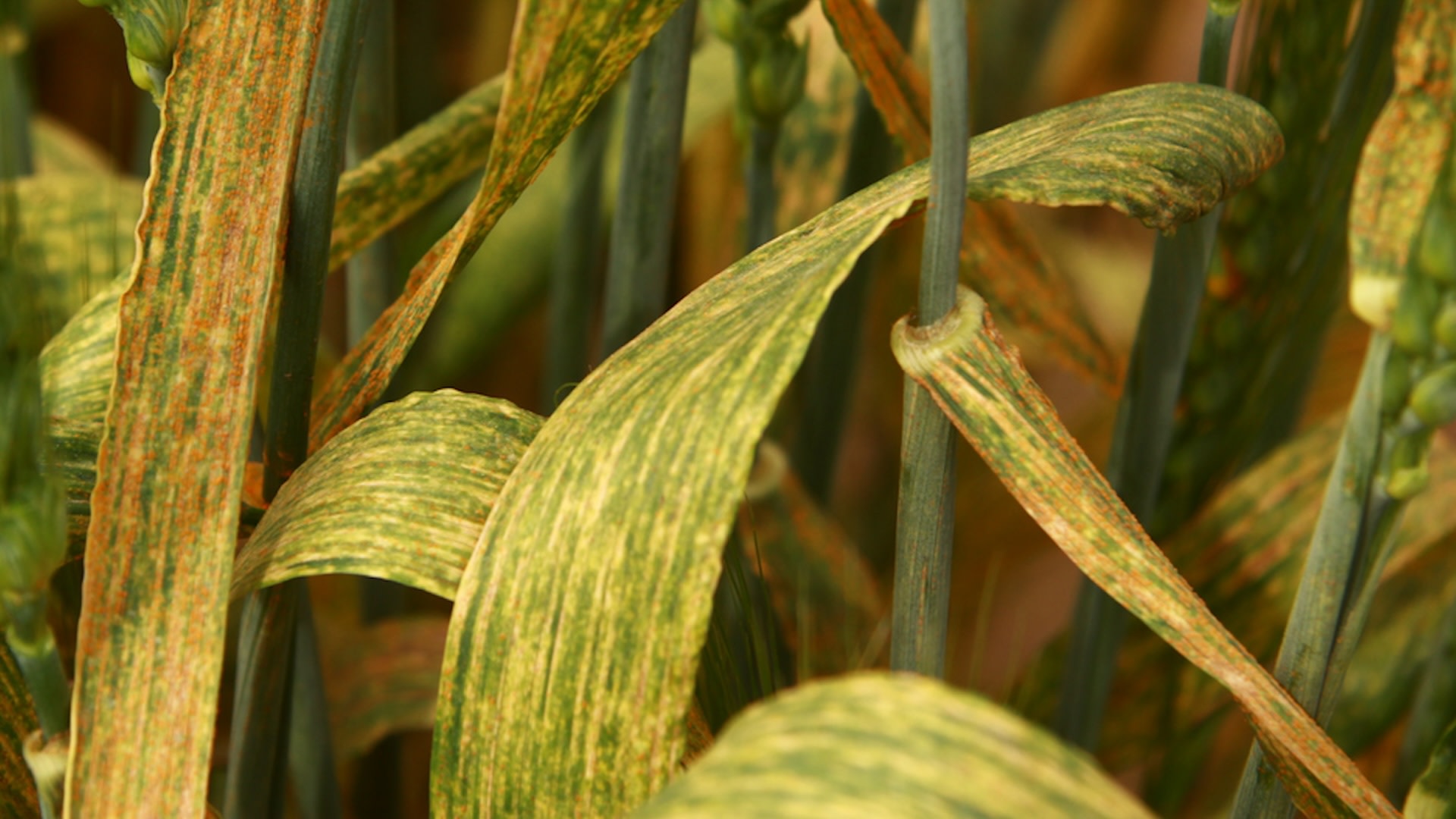Scientists from 23 different organizations are taking on a threat to one of the world’s most vital crops, all with an assist from the Gates Foundation.
The Wheat Disease Early Warning Advisory System (aka Wheat DEWAS) is designed to protect wheat against a long-time adversary — harvest-devastating rust. MIT Technology Review profiled Wheat DEWAS, which emerged after co-leader Dave Hodson witnessed the carnage of rust fungus on Ethiopian wheat farms in 2010.
Hodson told the publication that the fungus rendered the fields “completely yellow,” and local farmers confided to him they were “losing everything.” Hodson vowed to do more in the future.
Wheat DEWAS was launched with that in mind in 2023 with $7.3 million in funding from the since-renamed Bill & Melinda Gates Foundation. Right now, the initiative is focused on eight countries including African nations Ethiopia and Kenya, and Asian nations Pakistan and Bangladesh.
MIT Technology Review noted that rust has long tormented wheat growers. While the mid-20th century saw progress with breeding rust-resistant varieties, factors like warmer temperatures are leading to a resurgence in the problem. Wheat DEWAS uses multiple levers to counter rust.
Ground surveillance includes local pathologists who take photos and samples of the crop and input the data on smartphones. An app using AI to help recognize diseases is in the works. Another key tool is a mini gene sequencer the team calls MARPLE, shorthand for mobile and real-time plant disease. The device can test for rust fungus on wheat and send back results.
“The beauty of it is you could pick up something new very quickly,” said Hodson of the two- to three-day process that is much faster than conventional diagnostics.
All of this information goes into a managed database at the Global Rust Reference Center at Aarhus University in Denmark. Armed with reams of data, the modeling arm of Wheat DEWAS at the University of Cambridge creates extraordinarily helpful guidance for farmers.
They can project where harvest rust might spread and what weather conditions might exacerbate the problem. The team releases a seven-day forecast daily, which the government and national authorities can use to alert their farmers with enough notice to save their crops.
“You’ve got, in effect, three weeks’ grace,” noted leader of the initiative’s modeling arm, Chris Gilligan.
Wheat DEWAS’ efforts join other global efforts to quickly address challenging conditions for global crops. Scientists are conducting a multi-pronged effort including developing more resilient crops, better surveilling for diseases in the fields, and sounding the alarm about the dangers to global food supply posed by extreme weather.
As for Wheat DEWAS, it is open to expanding even further if it gets funding beyond 2026. That could include combating different wheat diseases, using the tech to protect other crops like rice, and growing to an increasing number of countries.
Plant pathologist Dagmar Hanold, who isn’t part of the project, called it “vital work for global agriculture.”
“Cereals, including wheat, are vital staples for people and animals worldwide,” Hanold added.
Join our free newsletter for weekly updates on the latest innovations improving our lives and shaping our future, and don’t miss this cool list of easy ways to help yourself while helping the planet.


